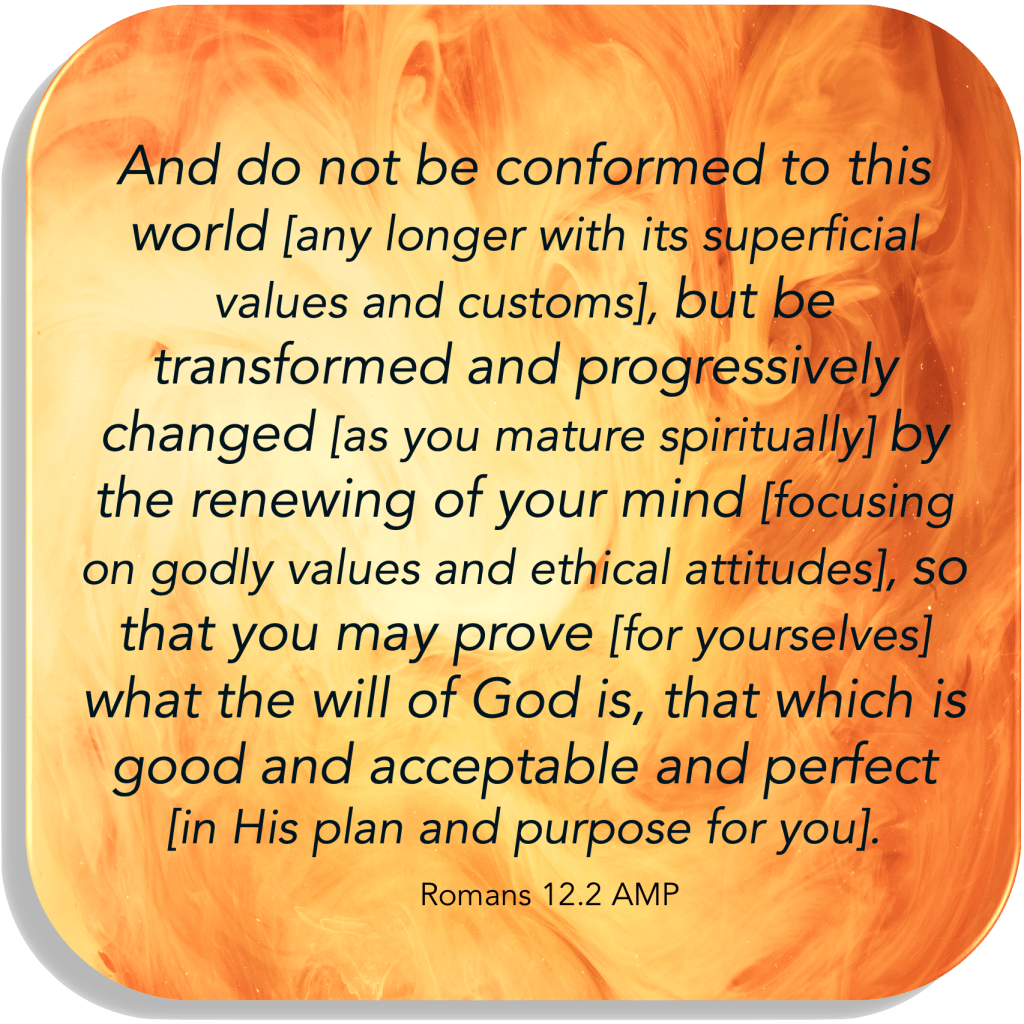
So, what’s a dalet anyway?
If I were to say, “It’s the fourth letter of the Hebrew alphabet,” I would probably get flashed a look like, “I’m sorry I asked.” Most people don’t really care. They typically don’t care more when I make the attempt to explain it further. However, since my blog is called Beyond the Dalet it is quite reasonable from time to time to talk about the dalet.
I’m an odd duck. I’ve always been a bit of a nerd.  Back when I was in school, being a nerd was – nerdy. Being a nerd isn’t nerdy anymore. Now, nerds are the cool kids. So, I figure I can come out as a dalet nerd without apology. There I said it; I’m a dalet loving nerd! It still begs the question, what’s a dalet and why go so far as to name my blog after a Hebrew letter?
Back when I was in school, being a nerd was – nerdy. Being a nerd isn’t nerdy anymore. Now, nerds are the cool kids. So, I figure I can come out as a dalet nerd without apology. There I said it; I’m a dalet loving nerd! It still begs the question, what’s a dalet and why go so far as to name my blog after a Hebrew letter?
Dalet is a door
 You could read my about me page or visit my other blog site Thru the Dalet. Even that wouldn’t give you all the ins and outs about the dalet. Dalet is a door. Specifically, dalet is the leaf of the door, the thing that hangs on the hinge that is used to open and close. We pass through doorways all the time. We cross thresholds every time we move from one room to another.
You could read my about me page or visit my other blog site Thru the Dalet. Even that wouldn’t give you all the ins and outs about the dalet. Dalet is a door. Specifically, dalet is the leaf of the door, the thing that hangs on the hinge that is used to open and close. We pass through doorways all the time. We cross thresholds every time we move from one room to another. 
Doors can be open and doors can be closed. A closed door lets us know that something is off limits. Open doors grant us access and privilege. Closed doors keep things out. They also keep things in. I close the door to keep out the cold but also to keep in the warmth. In the summer I do the opposite.  If I were to say “I’ll leave the door open.” You could take that to mean that when you arrive at my place I am granting you access with the privilege to walk in without knocking. If you however, showed up at my home and I hadn’t told you to come in, a closed door sets a boundary that says, knock first and wait for my response.
If I were to say “I’ll leave the door open.” You could take that to mean that when you arrive at my place I am granting you access with the privilege to walk in without knocking. If you however, showed up at my home and I hadn’t told you to come in, a closed door sets a boundary that says, knock first and wait for my response.
Alexander Graham Bell is often credited with saying:
When one door closes another door opens; but we often look so long and so regretfully upon the closed door, that we do not see the ones which open for us.
Unlike English, which heavily depends on our incessant need to express ourselves through mind numbing adjectives, Hebrew words are derived primarily from verbs. Yeah, I know, who cares?
Dalets are agents of change.
Anyway, from this nerd’s perspective, dalet is one of the cool kids of the Hebrew alphabet. Dalets are agents of change. Where there is a dalet, shifts, changes, transitions, flux or transformation are involved.
 When I think of a dalet I think of the power of God’s spoken word, the living word. The Hebrew word for word begins with a dalet. It is the power of His Spirit inherent in God’s spoken word which initiates transition and change in the earth realm. So, when I think of dalet, I think of Jesus. Not only is Jesus identified as the Word made flesh (John1:14), He identified Himself as the door. (John 10:7) Jesus is both the Word and a door. In this way the dalet conveys a picture of Christ.
When I think of a dalet I think of the power of God’s spoken word, the living word. The Hebrew word for word begins with a dalet. It is the power of His Spirit inherent in God’s spoken word which initiates transition and change in the earth realm. So, when I think of dalet, I think of Jesus. Not only is Jesus identified as the Word made flesh (John1:14), He identified Himself as the door. (John 10:7) Jesus is both the Word and a door. In this way the dalet conveys a picture of Christ. 
We enter the kingdom of God through the door (dalet), which is Christ. He is the means of access to God. As we pass through Christ we are transferred from the kingdom of darkness to the kingdom of God’s dear Son. (Col 1:13) We become new creatures. The old has passed away and we become new, through Christ. (2 Cor. 5:17) That is not only transition, it’s transformation. We are transformed through the dalet, the door, which is Christ. That is the essence of the dalet.

As an odd duck, I love change. Most people my age aren’t friends with change. As we get older the tendency is to get set in our ways. Getting up out of a chair can be difficult. So, yeah, change isn’t typically the BFF of the senior community. Give us consistency, routine and security but transition and change aren’t usually on our bucket list. However, I am one old lady who likes change. That doesn’t mean that change is easy. It isn’t. Change can require something from us that we are unprepared for or may cause us pain. I don’t like change just for the sake of change. I like change that takes me into what God has for me. I like the change which comes through the breath of God’s Spirit. When change is God breathed it brings life. There’s an old lady I know who is going through painful changes these days. That old woman is the church. The church is currently doing through a dalet. It is in the midst of transition. It is in flux. At times it’s like an old woman with arthritis, every movement is causing some to cry out in pain.
There are those who don’t like the changes. They like church the way it has been. Many don’t see a need for change. It’s comfortable the way it is. Why change? Others, on the other hand, are shouting Hallelujah, it’s about time. Regardless if we are among those rejoicing or of the company who have a death grip on the current structure, the church is transitioning.  God, by His Spirit, is moving and shifting His people, from where we are to where we need to be. He is moving us through the dalet. He is shifting us and breathing on His body so that we embrace the changes He is making and moves us beyond transition and into change.
God, by His Spirit, is moving and shifting His people, from where we are to where we need to be. He is moving us through the dalet. He is shifting us and breathing on His body so that we embrace the changes He is making and moves us beyond transition and into change.
Moving Beyond the Dalet is: responding to the Spirit driven shifts and changes initiated by God, by accepting His invitation to make any necessary adjustments in my personal paradigms, beliefs and doctrine in order to align and come into agreement with God’s kingdom truths.
The Spirit, like the wind, is always moving and as a result we are shifted and changed. The breath of God can be felt in nearly every sector of the church. The question we are faced with is how we will respond to the Spirit in the midst of the changes.
John 3:8 The wind blows where it wishes. You hear its sound, but you do not know where it comes from or where it is going. So it is with everyone born of the Spirit.
Dalet is God’s agent of change. It is the open door through which transition occurs. It’s the portal, or access point, through which the saints of God are connected with the kingdom of heaven. Things within the church are being effected by the moving of God’s Spirit among us. God, by way of His Spirit is extending an invitation to the body of Christ. He has opened a door in the Spirit. Will we accept the invitation and enter into change or will we do as previous generations have done and say, no thank you.
God has opened His arms and is lovingly inviting us to step over the threshold of where we are, into a new dimension of His Spirit, and into change. There is a dalet standing open in heaven.
Heavenly Father, Grant your children eyes to see the open door You have placed before the church. Give us ears to hear Your invitation and the courage to accept the changes and transformation which may be required of us as we step through the dalet You have placed before us. Amen
The Lord bless you,

God has extended the invitation – Come up here – the door is open



You must be logged in to post a comment.